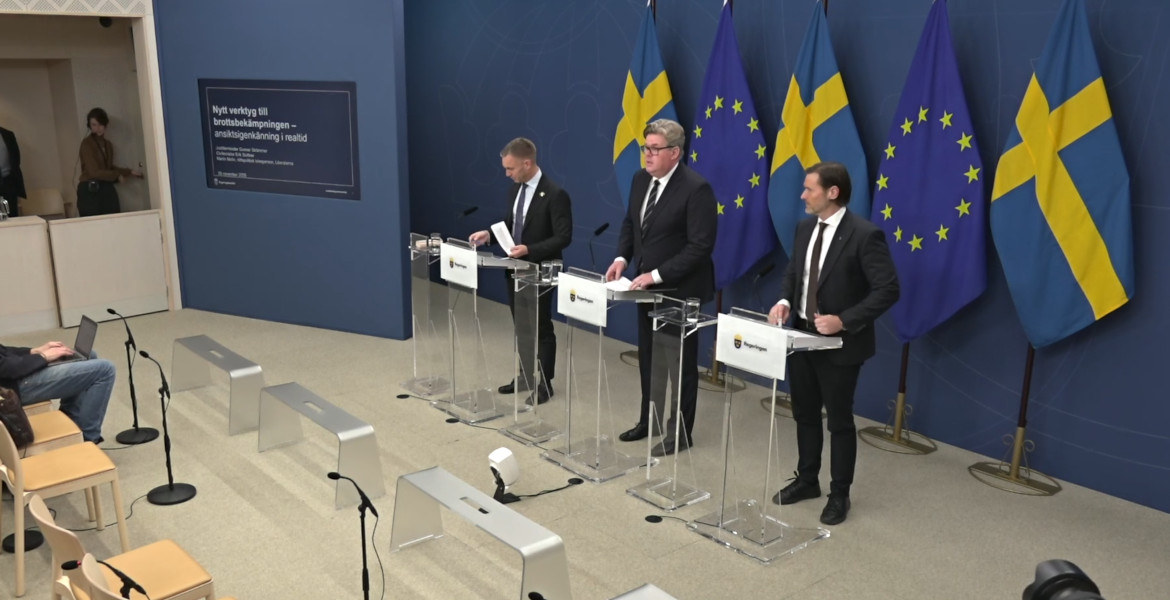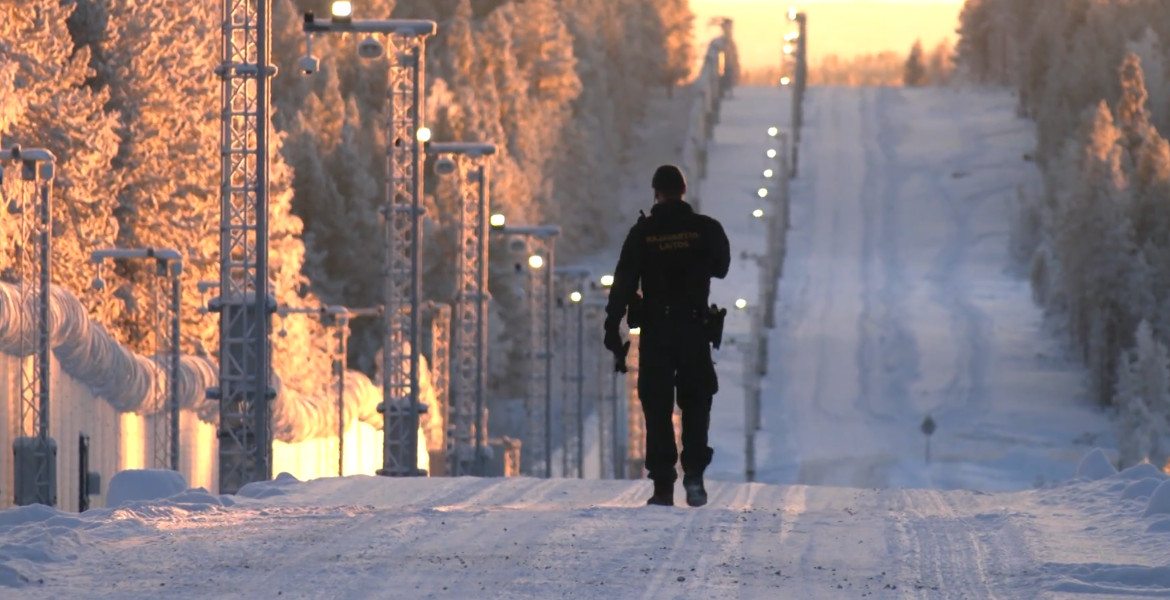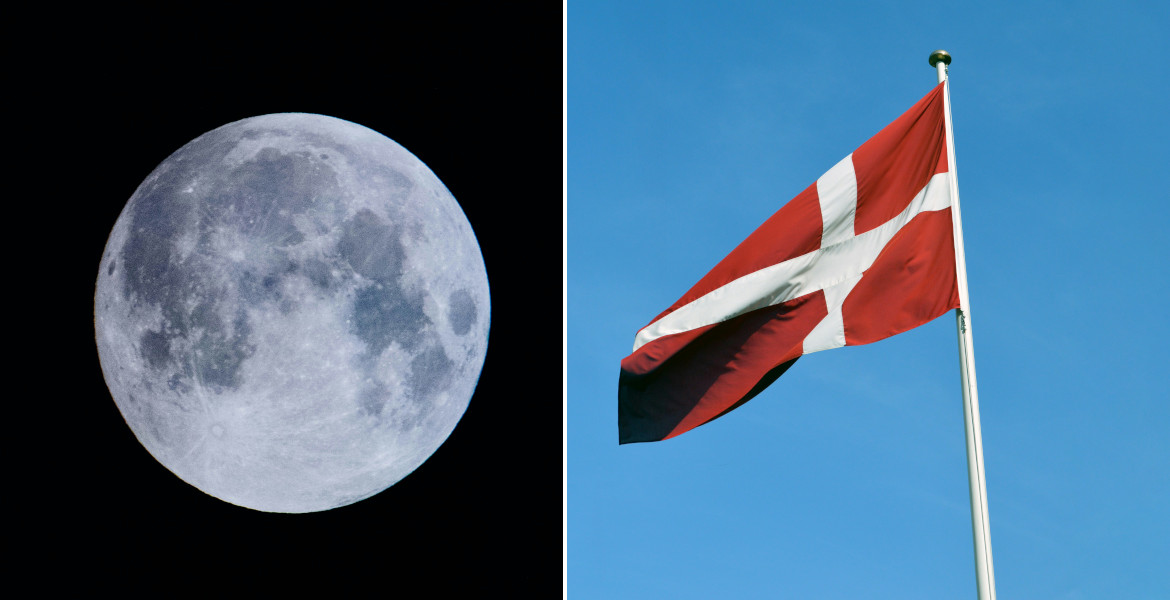The number of abortions related to Down's syndrome is increasing in the Nordic countries, according to statistics from the Finnish Institute of Health and Welfare. In Finland, one in seven women terminates her pregnancy when she learns that the foetus has Down's syndrome.
Since Denmark introduced screening for pregnant women in 2004, the number of pregnant women choosing to terminate their pregnancy because of Down's syndrome has increased significantly. In 2022, 82% of these women chose abortion, compared with 61% when screening was introduced in the country.
A similar trend can be seen in Finland, where abortions have increased since the country started screening all pregnant women in 2010. One in seven pregnant women in the country now choose abortion because of Down's syndrome, and a similar trend can be seen in Norway.
– I knew there were big differences between the Nordic countries, but it was a bit surprising that they all eventually reach a similar level where more and more people decide to terminate a pregnancy with Down's syndrome, Mika Gissler, a researcher at the National Institute for Health and Welfare (Institutet för hälsa och välfärd), told the Finnish public broadcaster Yle.
Jessika Sirjala, who has a 1.5-year-old daughter Lia with Down syndrome, felt that health professionals tried to steer the couple towards abortion, even though they both wanted to keep their daughter. According to the parents, the health professionals told them, among other things, that the child was likely to suffer from diseases and would be costly to society, whereas the parents would have preferred to receive information about what it was like to live with a child with Down syndrome.
– It felt like all the official information I received as a pregnant woman was to prove that it was worthwhile to terminate the pregnancy. I was given two options, either to keep the baby and live in the horror scenario that was painted for me, or to choose the death of my child, Sirjala told Yle.
Sweden follows a similar trend to the other Nordic countries, but could not be included in the statistical analysis because the figures were not comparable. However, a report from the National Board of Health and Welfare (Socialstyrelsen) published this summer shows that the number of abortions related to Down's syndrome has almost doubled over the past 20 years. In 2022, 70% of pregnant women in Sweden had an abortion on learning that their foetus had Down syndrome.




